Revisiting unschooling - If I had known
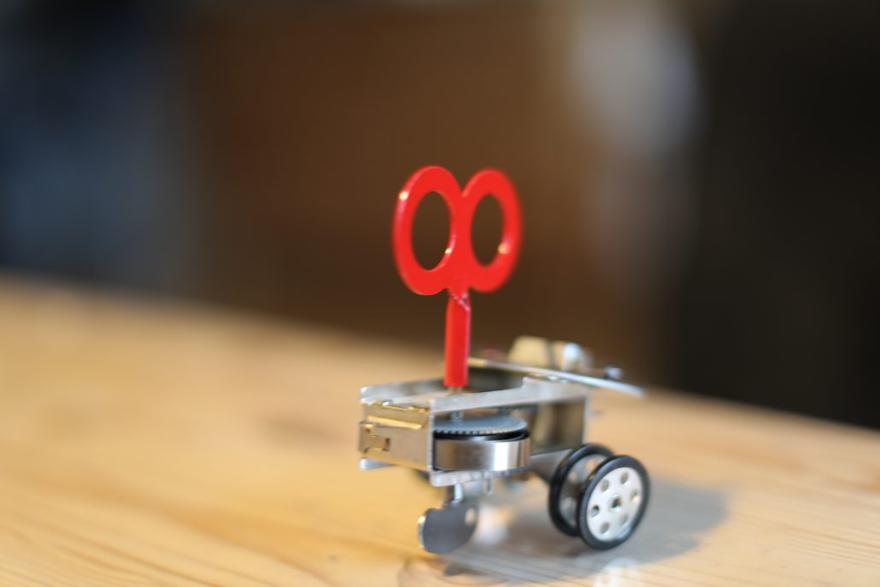
If only I had known
I wouldn’t exactly wish anything had been different. I don’t have regrets. I trust in life´s process, and I´m sincerely thankful for my journey. But it´s an interesting perspective. If only I had known.
Thus, I would like to share our story and everything we have learned, but I don’t, in reality, regret anything at all and would neither wish I had known better from the start. Life is good. Life is beautiful. Life is understood backward but must be lived forward, says Kierkegaard. And that’s the perfect order.
I wish I had known how much deschooling there should have been.
I personally went to school for 23 years without a break. I started in a preschool for specially gifted children (which my father believed I was, that's another story) and continued at Gentofte school at the beginning of the eighties in kindergarten. Switched in third grade to a public school in Vanløse and later in seventh grade to another public school in Vanløse. Next, I spent a year and a half at a private school in Frederiksberg before I went on to high school (also in Frederiksberg). After this, I continued for ten years at a university. As a 27-year-old, I had gone to school for as long as I could remember, and that was a scary experience to face, like falling or flying or both.
To top it off, both of my parents are (team number 1, those I grew up with) school teachers. It’s not easy to deschool 23 years of schooling and an upbringing in the house of academics who live for teaching.
But what is worse is that there’s a one-hundred-year-old tradition in compulsory schooling for all the population in the Western world. There is the export of the Western school system to the rest of the poor world. There are the notions that it is forever sanctified with schooling, and it is – locally – a community and a discourse built up around the children’s schooling. The school system’s mycelium spreads under many thought structures and weaves into the notions about “The Good Life,” about childhood, about “reality.”
If you want to read more about compulsory schooling, here is a little to start with, and if you want to understand the price for the exportation of the Western school system, then you can read my article here or watch the documentary “Schooling the World.”
Many confuse formation with education. There are many narrow notions about what education is and how it takes place. All this follows in the wake of school being something which children are exposed to for at least ten years of their lives and is, therefore, something that we as parents – and a community – acknowledge as a cornerstone in the entirety of one common structure.
What if we erase school and everything belonging to it? How would the world look then?
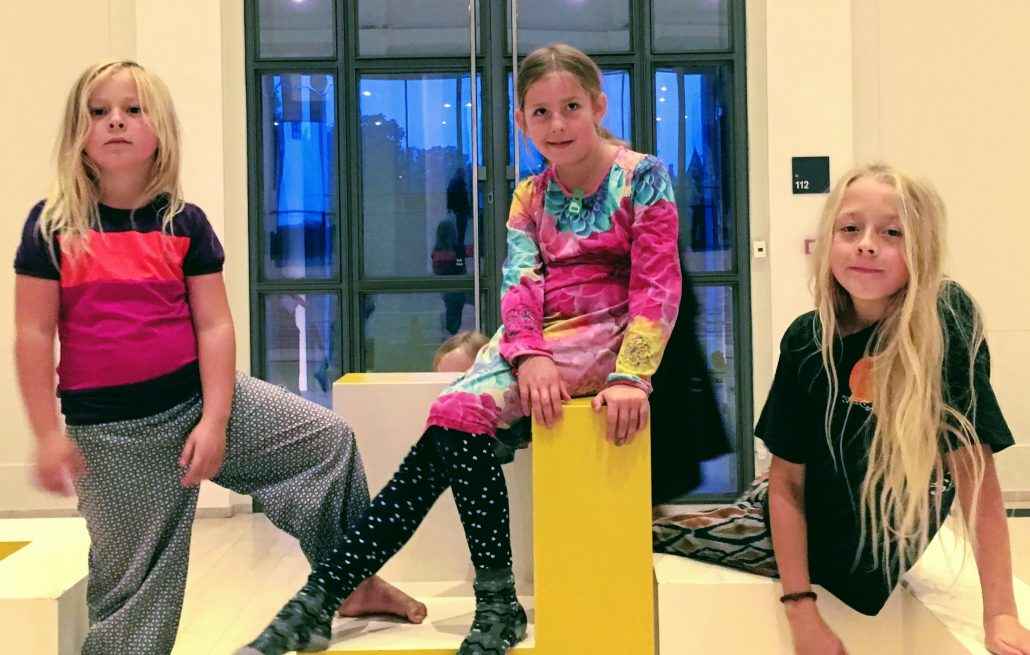
I wish I had known the extent of the discourse, the school's premise, it’s penetration of so many other common structures, systems, and performances. I wish I had known how there is outside the box. I wish I had known how far more interesting it is.
Sometimes, I think about the fairytale Narnia: to hide between the furs in a huge closet in an old house (=try something new, play, be in unknown territories), walk in the darkness and the dust – and then instead of a back wall with mothballs meet the frosty air, a fairytale landscape with mountains, nature, talking animals, mythical creatures, and magic. This is how I experience our journey. There is a difference between the inside and outside of the box.
I wish I had known the premise: We learn when we live
If I had back then known and understood this, my journey would have been much more relaxed. I’m thinking about the premise, “We learn when we live”. To learn something we are hardwired to and something that happens all on its own when we live our lives
I maintain this acknowledgment took time – it was a huge part of the road out from the school (the journey through the furs), and now, with joy, I realize I have more to understand than just this. Life outside of school continues to surprise me. It unfolds unpredictably and is fantastic.
Below is a little more about the two aspects of the premise: that we are built for it, and it happens as a byproduct of other processes – which are much more challenging to prevent.
We are built to learn
Regardless of whether you believe we are created by The Creator (insert your religion) or by a genetic selection and time, or if you believe this is actually the same (as I do), this is any way how we are: We are built and created to learn. Thus, we develop and grow from the start. Thus, we come into the world ready to explore, understand, receive, and improve.
We are born with an enormous, formative brain, which grows incredibly – the first two years, the connections in the brain multiply and multiply at an extreme rate, and then the brain continues to learn, to change, to grow. The singular connections in the brain continue to develop throughout life. Genetically, the brain is the huge difference between humans and animals, and our extremely adaptive brains act as a clear sign: We are fantastically good at learning.
It is not only about children. All humans throughout life can and will learn.
(NOTICE: I know there are other animals with big brains, which also learn a lot throughout life and send knowledge down through the generations. This is not my focus in this article, and they do not live in compulsive communities with schooling and do not need blog posts as counterweights to a large communal tendency, right?)
Learning is a byproduct of living
Just like the trees produce oxygen as waste or a byproduct during photosynthesis, learning is a byproduct of living when we are really living.
It is, of course, the case that we want to do something. Nobody wants to sit and watch paint dry their entire life. The few who do similar things (that is, the monk-ish type living in distant caves in the Himalayan mountains), actually end up with a fantastic, meditative journey. So – even if you do the thought experiment and consider those who choose to unfold and thereby switch off learning, it still seems impossible to avoid development.
When we’re living, we want to do things. Everything. Luckily, not all the same things. People invent, create homes, create exhibitions, treat the sick, build bridges, write books, think thoughts, make music, explore the undiscovered corners of science and planets, run marathons, dance, sing, narrate, travel, meditate, race, play football, build refugee camps, make TV programs.
People get passionate, interested, and engaged. It´s difficult to avoid. And when we do this, we unfold into the passionate, interesting, and engaged world: we learn. If it isn´t a challenge, there´s no curiosity. If it´s not complicated, it´s not interesting. If it´s not important, there´s no passion.
So – The foundation for learning is living. Fully.
Some of the most effective ways to stop these (learning) processes and hit the brakes on this human cornerstone are:
- To induce basic fear and/or stress (stopping the brain’s development effectively)
- To steal all free time so there is no space to live (making decisions about what is important / sense yourself)
- The school system works effectively on both these levels. If you´re interested to learn more about how I recommend you read a few of Dr. Peter Gray´s articles. Start with this one: ‘The Decline of Play and Rise in Children’s Mental Disorders’
NOTE – I know one can learn things, even if parentless, hungry, and sick, and this has been clearly shown in Sugata Mitras´ research, so it is, of course, untenable to say the brain cannot work under stress. It clearly can. But the combination of stress and coercion, of which schools mix so well, is extremely inhibiting. The children Mitra studied were poor street kids, but they were, after all, not imprisoned by outer coercion, normative judgments, adult control, or external management.
Unschooling versus un-parenting
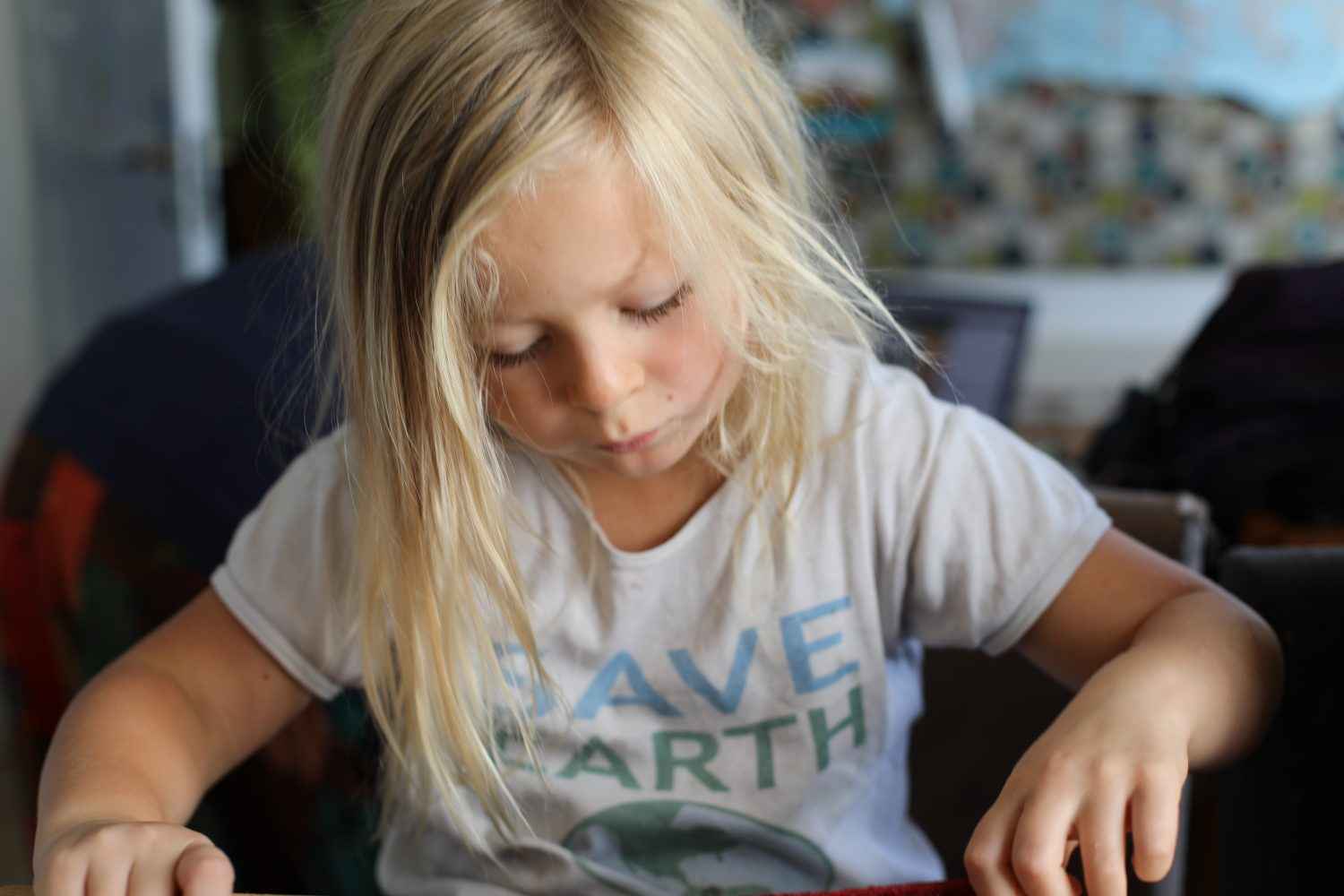
Unschooling is a concept we have moved away from, and I use the words because they are the most used in the debate about lifestyle without traditional schooling. I see the family as self-directed learners and think this concept communicates what it is about in a much more precise way. Our life isn’t about, of course, the things we DON’T do.
Our story: The beginning
Regardless of our strategy being called unschooling or self-directed learning, we don´t do anything that resembles school in our family. We did in the beginning. In a totally classic way, we bought school books, sat at the kitchen table, and played school every morning to teach the kids, as you would imagine, the things they learn in school. Adult-managed and organized. As organized as it could be in our context.
At that point, we thought it was the parent’s responsibility to do it. That it belonged, we thought it would be irresponsible to stop. Maybe we didn’t think so much but did what we thought was right.
Now, five years have passed.
All coercion is ugly
A fundamental value I’ve always had: I oppose all forms of coercion. This has always been clear to me. Therefore, I was so terrible at kitchen-table school, and the longer we did it, the more we all came to hate it. Sitting there several hours every single day doing something neither of us wanted or enjoyed to do went against all our values: Freedom, community, enthusiasm, curiosity, adventure, and love.
The reality was that most days, we did something else, and because I went around with a bad conscience, once in a while (a couple of times per year), I had a “tightening attack” where I´d become very strict and very stressed for three weeks. In the first year, we had such a bad conscience and so many doubtful thoughts during the weeks of the “tightening attacks,” but as time passed, the pauses became longer and the doubts less.
Our story: Unschooling and authority
When we finally let go of homeschooling and decided to unschool, the world opened up, and everything became better. Our daily choices and meta-choices suddenly clicked with our long-term values. Three years have passed, and I´ll admit I´ve had two tightening attacks, and both times, they´ve been triggered by fear and self-shame.
Both times we´ve been together through it, the kids and I, I´ve learned important lessons about what we want in our lives and why. So it hasn´t been totally hopeless and meaningless. Nor absolutely strict.
Unschooling has opened up our lives in an incredible way and taught us to see each other, respect each other, and support each other even better than we had before. It has balanced the family, so everything is allowed to unfold perfectly and sincerely. I don’t need to stress about making decisions, and the kids don’t need to feel tired of me and all my ideas about what is right. We can actually love each other and be vulnerable, true, and authentic in a relationship with each other. We can be open and reach each other when I´m not being Decisive-Dolly or Management-Mom or Syllabus-Sally. I can just be myself, and it´s liberating, albeit at times scary.
Thus, the root of the unschooling relationship, and in this context also freedom, is being authentic. It is an exercise in living, not a strategy for the kid´s education. And these – when all is said and done – are the same. To learn – as mentioned – is a byproduct of a lived life. Unschooling becomes thus a possibility to gain a very deep relationship with your children and a fantastic sense of community in life.
(That´s not to say you CANNOT have this without unschooling – I´ve seen homeschoolers who honestly have it – it requires a lot of work and complete honesty, and it probably requires also that the kids love the more controlled homeschool life, and that the parents can be authentic in their more controlling roles. And they can in many cases).
Our story: What unschooling brought with it
Unschooling is the opposite, for us at least: Unschooling in our house is a life where we all follow our interests and become more and more curious, live intensely together, unfold our talents, follow our dreams, grow, love, and cooperate.
Today, every once in a while, the kids pull out the old school books and solve problems just for fun, just like adults sit with Sudoku or a crossword, and I generally experience a family who questions everything, researches everything, are curious and extroverted, questioning and interested.
Unschooling has brought us closer together: confidence and respect, interest, and love is what goes on between us. And I´ve learned I can just as well learn from my children´s reflections, thoughts, and experiences as they can from mine. My own curiosity has grown, and I lean back, impressed when I watch my five-year-old teach himself to read.
Revisiting slow
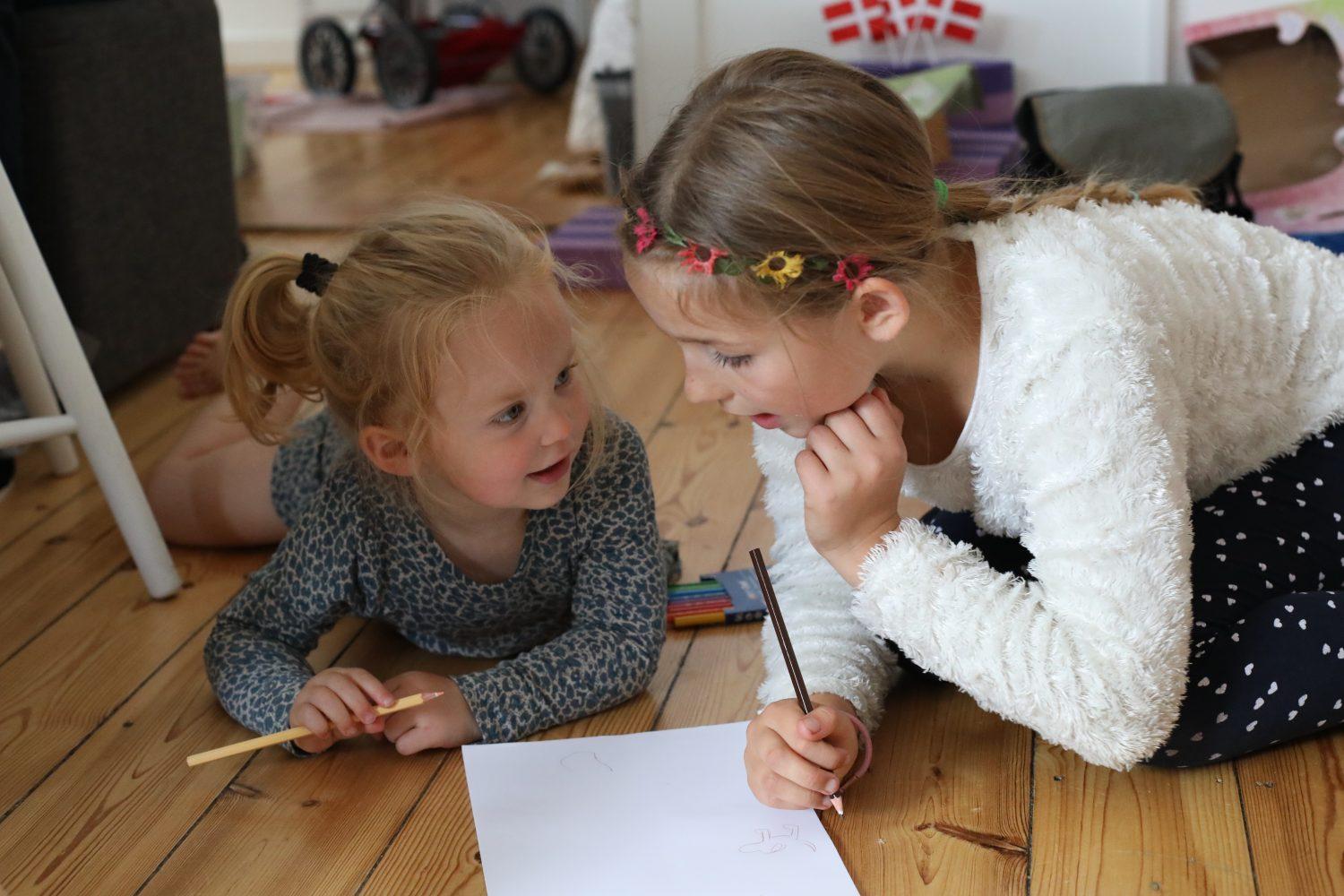
I wish back then I was less busy that I’d understood that slowness is much, much more of a valuable gift and that life unfolds beautifully when we choose to live. In the now. Slowly.
By opting out of the school system, colossal freedom follows. It can be scary, and it calls upon clarification of values and focus. But that contains within itself a gift: Time to unfold slowly. Spending an entire day alone, taking a foot soak, and listening to music: Doing precisely what matters. Spend an entire day with the math book: Doing exactly what you’re passionate about. Spend an entire day unfolding minimalism, building ball tracks or studying Chinese or reading the entire of Alice in Wonderland in front of the fire; understand the old Egyptian symbols or learn to crochet an old African flower, play cards or talk; go on a mega long walk or practice baking biscuits.
Outside of the school, you don’t need to learn the five-times-table at a specific time. Actually, you don’t even need to learn it (and: – whispering – “usually you learn it without even knowing it…”). As a parent, I´m not busy thinking they should be able to do something at any given point in time. I can take it slowly; just let them unfold at their own tempo. My responsibility lies more in providing the framework. Healthy and good food and sleep, outside life, baths, and nail clipping, and – the most important: presence and availability. The most important thing is we have thorough and loving relationships and that I´m mentally present and have time and desire to help find answers to all the questions, travel all places, visit all exhibitions, and be engaged in all interests.
It’s possibly an exaggeration. It doesn’t need to be all of these. It can be enjoyed by taking those we agree on. It’s a total reflection in itself, which I will share another time. The balance between my authenticity and my responsibility to say yes to my children’s interests. M obvious what the balance is there.
What about what they need to learn? How do we take care of that?
An objection we often meet is math. I’ve written an article about it. But it could easily be English or Physics or World History. And what is massively impressive is I’ve witnessed through my own eyes how quickly people (mainly kids) can teach themselves something if they want to. Our daughter didn´t learn a scrap of math at the fantastic school she went to for the first seven years but learned it all with gold stars when she became interested in biology and needed math to understand it. It took a few months. Not an entire childhood. My nine-year-old daughter has been writing letters to unschooled children all over the world and is now intensely working on learning English. And without film or computer games, as we don’t use media to such a notable degree anymore. I can see how desire controls everything and – if I should use the normative, result-orientated glasses, which I don’t exactly wear: it seems massively effective.
The answer to the title question: There is nothing they need to learn. The things they want to learn, they learn all by themselves when we don’t prevent them from doing so.
Core value: To live your life
When we focus on our alternative life without school, the most important thing is our children are allowed to live their lives. We have taken them out of a context that steals a lot of their time throughout a large portion of their upbringing, through most of which, their context is our responsibility.
I don’t want to decide what they do, but I want to take responsibility for the context in which they do it.
The central thing is, that we have the freedom to make our own choices to do what makes sense because the hours are not engaged by an outer, dictated context (school framework) with a top-down, dictated syllabus.
Our story: When school is voluntary
When we began our journey toward self-direction, our eldest daughter had just started in school, and our second child was a baby. We began to understand what unschooling was, and we realized we didn´t send our daughter to school because she should learn. Actually, we didn´t send her to school at all. We offered her to stay home, but she really wanted to go to school. She started at Freinet School on Long Street, Valby, which is one of the most self-directed schools you can find in Denmark, and during this, we all grew wiser.
Long story short, she is now an adult, her younger siblings don’t go to school, and she´s always had the freedom to go to school. She has chosen for and against as she has wanted to, and today, she´s signed up to an author school at Àarhus University, where she studies the art of writing literature and the history of both children´s and youth literature. She´s an author who has always wanted to be one and succeeds in that day-to-day.
What I see in her and my other children of 11, 9, and 5, are people who have never lost the freedom or joy of learning everything which means something. I see “it works,” which is quite an ugly way to formulate it. I can see they thrive, succeed, have self-confidence and love for life, they wonder and understand, experience and live, grow and learn at their own pace. A pace that is often difficult to follow. A tempo that surprises me daily. Their own tempo, the pulse of life, which is meaningful.
Life is understood backward
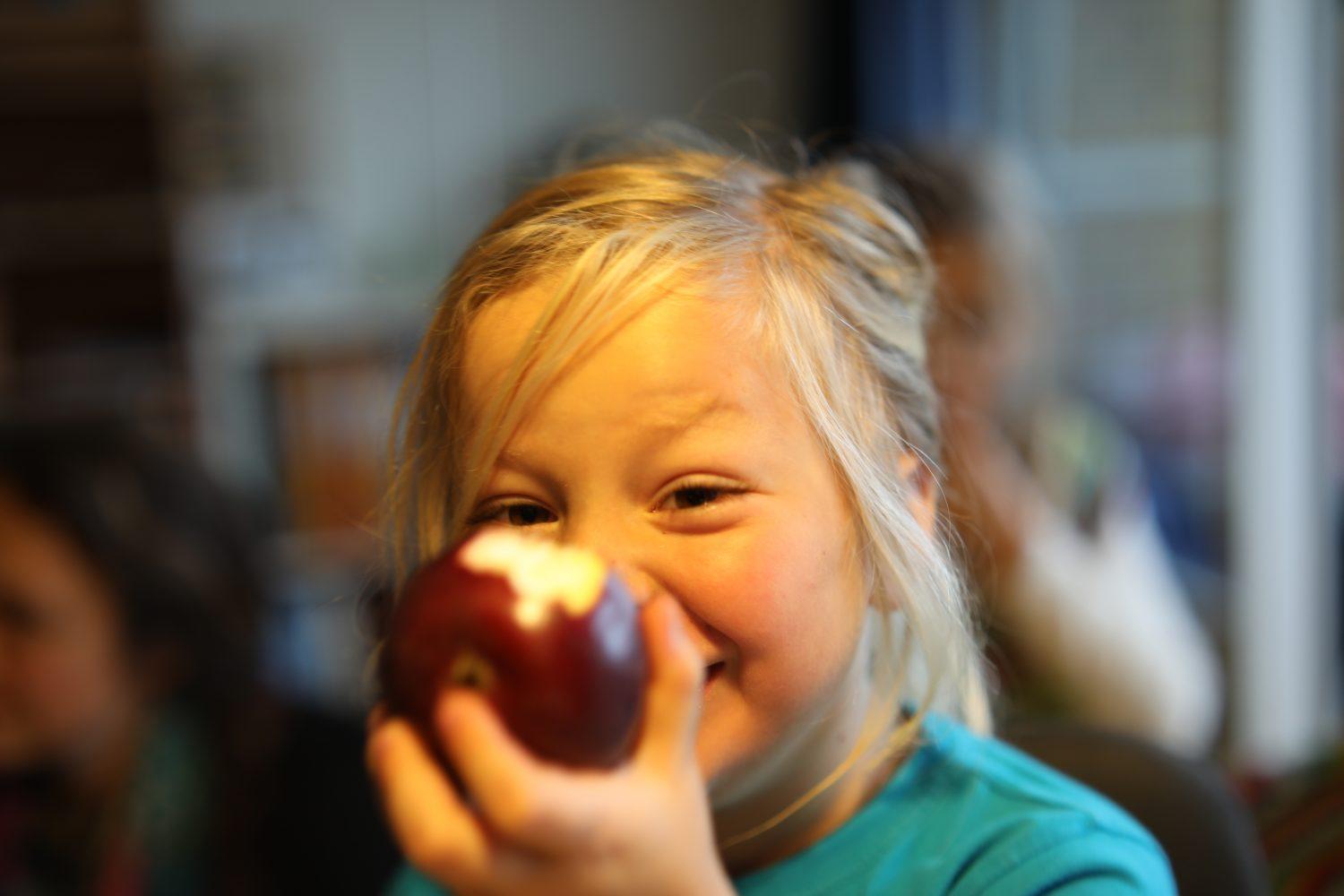
I love this quote from Søren Kierkegaard, and I must quickly admit that I’ve read a lot of Kierkegaard and not at all this quote in context. I read a little of Either Or a long time ago. The quote is one of those who have gained their own life because it reflects an experience that many people have. For me, it also touches on a love of life as it is: it reminds us it is okay and the same premise for all.
Life is understood backward but must be lived forwards
“If only we’d known” is a thought that can be deeply disappointing, but in this context, it isn´t. I am at peace with how our life has unfolded the things we have, and I´m joyful about where we are in life. There is always development; there´s always another road. Maybe there´s even a closet inside Narnia. I don’t know. But if there is, I trust I´ll find it, and I already look forward to stepping through it.
Love and light
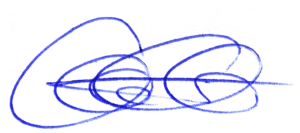
Cecilie Conrad
Thank you for reading
It is a core value for me to share, be honest, and dare to be vulnerable. I am grateful you are reading my blog, and I would be even more grateful if you comment, send me an email, or otherwise engage. I respond to all; give it a bit of time. Thank you.
Have you read the latest articles by Cecilie Conrad?
Here you can find my latest writing - It is a mix of my blogposts and 2023 journaling. I hope you will enjoy it :)
Where are we now?
Want to stay up to date with our travels and podcast? Then sign up for our weekly newsletter
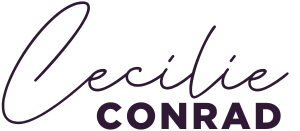
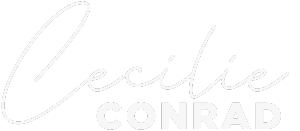
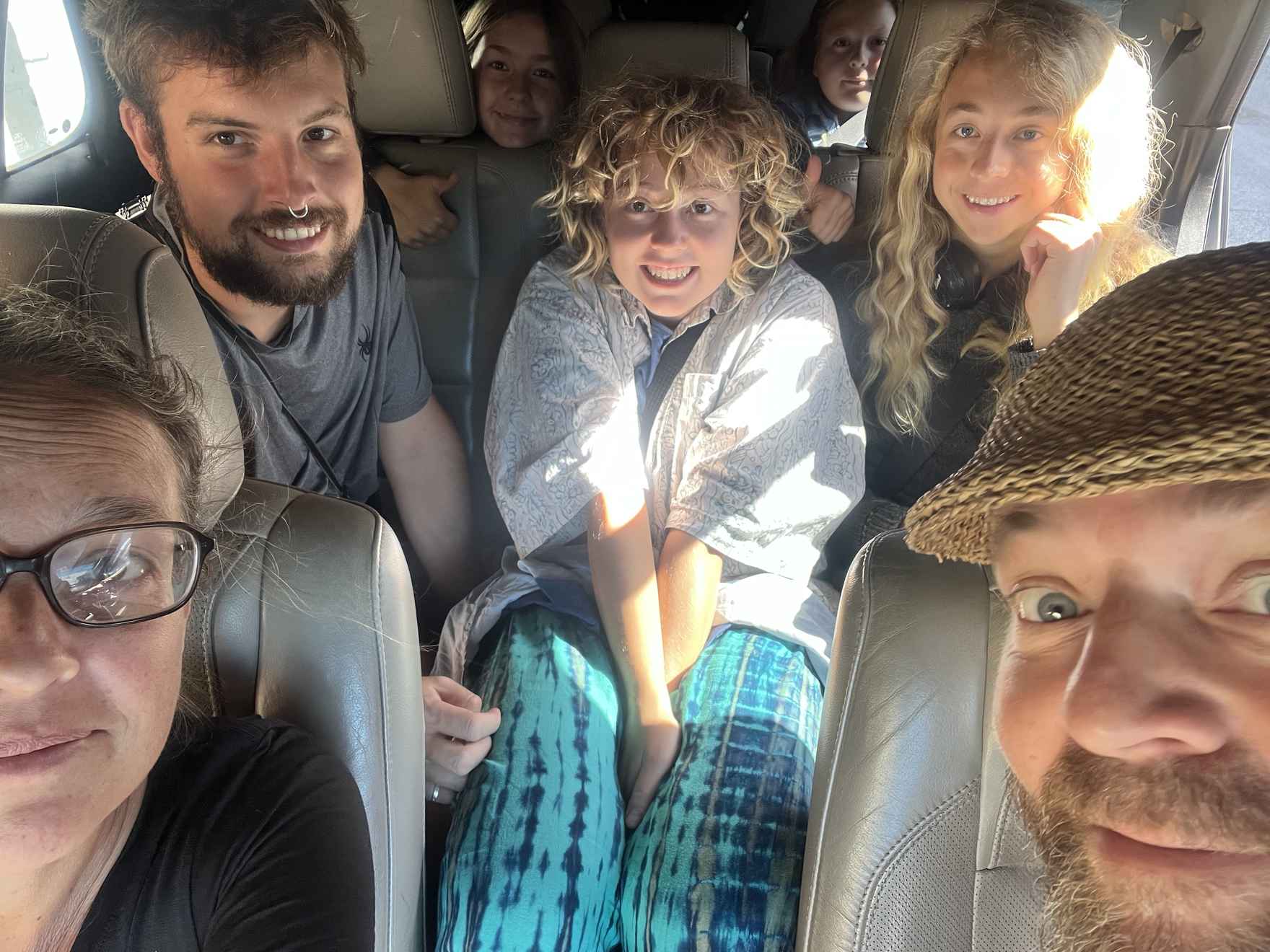
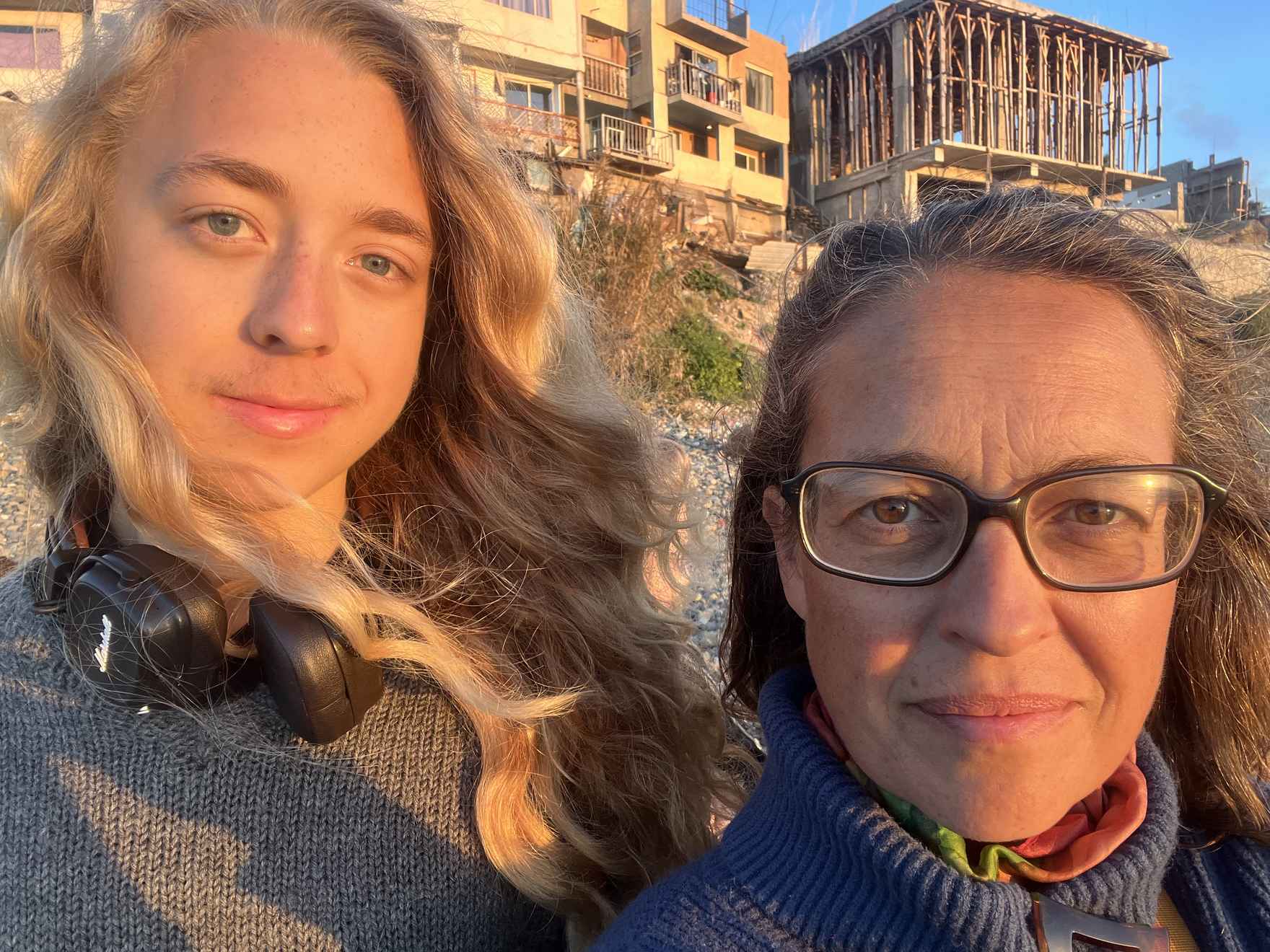
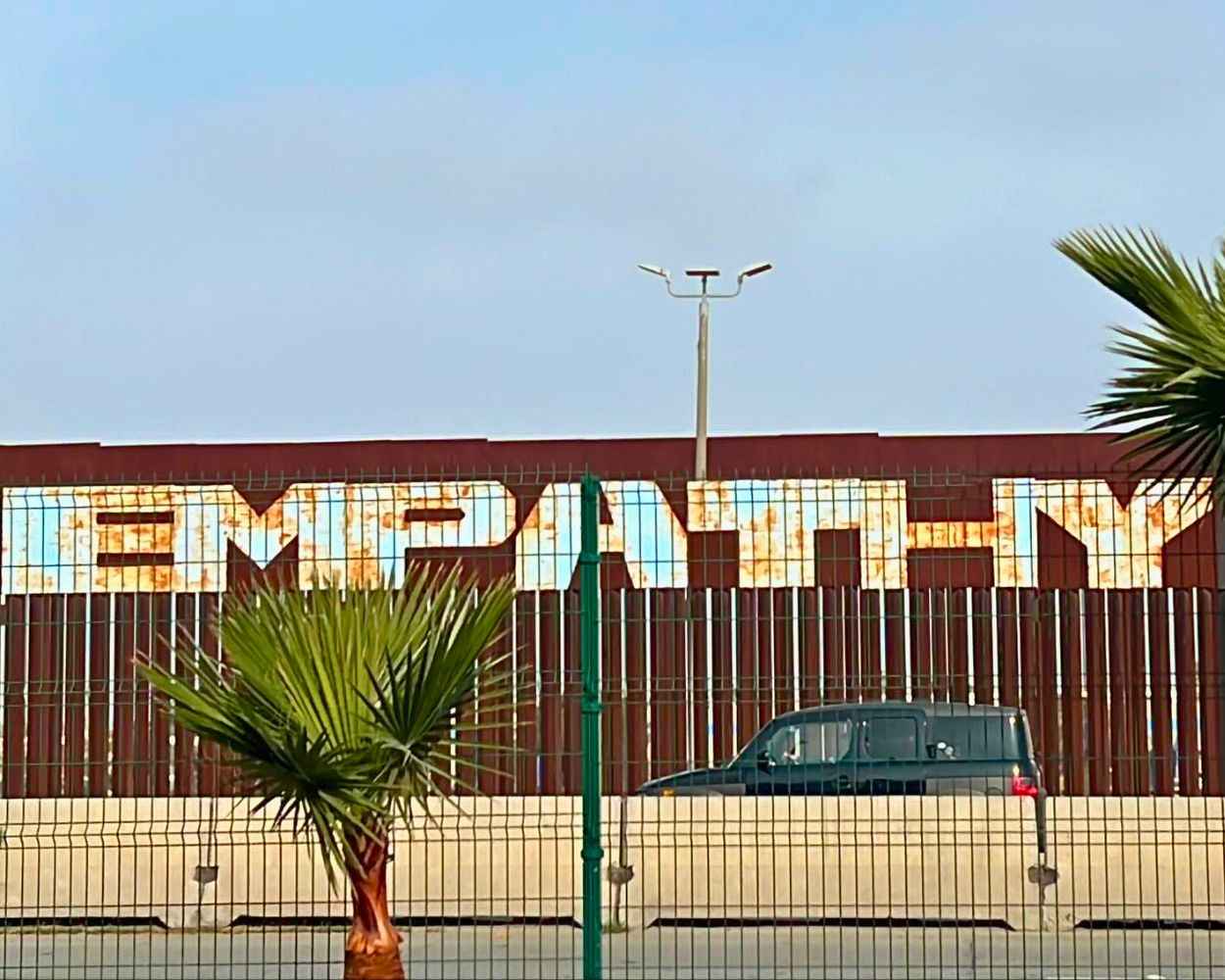


2 comments
Hi Cecilie. Thank you so much for sharing your own journey here (and on our mentoring calls and your podcasts). I see my own journey in it and it elevates my trust in our journey as a self-directed family (agree that this is a more precise term than unschooling). Thank you💞
I am now beginning your blog posts and again I say thank you.
Leave a comment